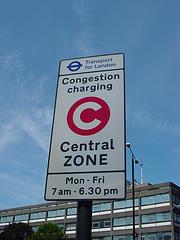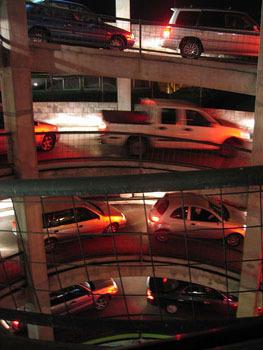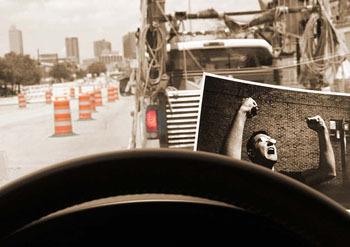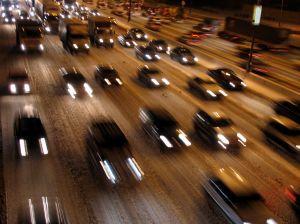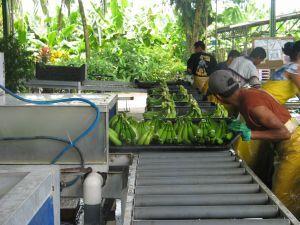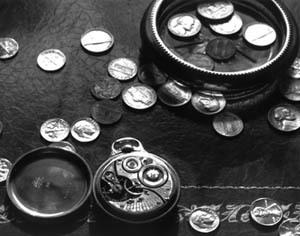Találat a #Shopping consciously címkére
Cikkek rendezése
Uncategorized
Transport, accessibility and consumption – Some thoughts from current work in the UK
Infrastructure – changes to the way in which we travel. This is perhaps
the area where most action has happened in the UK. It is now widely
accepted that building new roads, especially in urban areas is
pointless: they immediately fill up with traffic as more motorists make
more journeys.
Uncategorized
Homo Mobilis
To a large part, the failure of traffic in cities is due to the
irresponsibility of municipal authorities to implement policies that
take into account long term consequences. The four-year election term
is too scary for politicians to dare look beyond the next election
campaign. Or is it?
Uncategorized
Auto-centricity and the Tyranny of Image – Part III
Policy-wise and at individual level, we’ve tried all the quick fixes by
the book – new technology for cars, medication for new illnesses,
insurance, lawsuits, new roads prior to elections – but only as far as
it circumvents our illusion of comfort. Nothing to touch our car-use or
fuel prices. But sometimes we need to give – a little now, or much more
in future.
Uncategorized
Auto-centricity and the Tyranny of Image – Part II
The temptations of fashionable car use pile up in small, seductive
doses. For one, as a music lover, my Palya Bea CD sounds much better
played on the car stereo than with the home music set. Part of the plan
of the car industry for us has been to gradually move us out of our
homes into our cars. We’re drawing close to that dream. We now can, if
we choose to, eat, sleep, party and have sex in our cars. We only need
to figure out the shower and the toilet bits, though I’m sure
collaboration between Toi-Toi and the car industry would put things in
order.
Uncategorized
Auto-centricity and the Tyranny of Image – Part I
Some 1.7 million people live in Budapest; comparable to the 1.2 million
cars that use its roads everyday. Every year this increases by 30,000
cars, faster than the population growth itself – it increased by 8000
in 2005. At this rate, soon enough there’ll be more cars running around
in Budapest than residents.
Uncategorized
Down to Earth
The more we undervalue our food, the less fulfilling it is, the less
we’re in touch with ourselves, and the higher the tendency of
unhappiness. Why food? Because as a primary, natural building block
which we send directly into our bodies, if we cannot make love to it,
then we cannot make love to ourselves, and without being able to make
love to ourselves we’re unable to make love to the community. It
becomes just a physical act, and then we roll over, wondering why on
earth we’re unsatisfied.
KONYHA ÉS KERT
Co-op in Japan
What’s fascinating is that, as Japan’s
largest non-store business operator, 30% of all the households in Japan belong
to Co-op. Although many giant supermarkets have been destroying small local stores,
Co-op still remains in the communities with a strong presence.
Uncategorized
Bananas: Unethical flagship of supermarketing
A typical Tesco banana sold in its Central European stores comes from
Costa Rica. If you visit a Costa Rican banana plantation – off the
beaten tourist route in that Central American “paradise” – then, apart
from the plantation workers and the company employees hired to make
sure you don’t see anything too compromising, the only other life
you’ll see will probably be the vultures and some hardy insects.
Uncategorized
Containing Supermarkets
Supermarkets claim that they provide choice to consumers, but in
reality they often erode real choice for people. By dominating food
retailing they take away the choice to shop in traditional shops such
as greengrocers and butchers. One study of a market town found that
town-centre retailers experienced a 64% decline in market share
following the opening of an out-of-town supermarket.
Uncategorized
Consumption and Time
Recently, we conducted four studies showing that, even after
controlling for how wealthy a person is, agreement with statements like
“My life has been too rushed” and “There have not been enough minutes
in the day” is associated with lower satisfaction in life and feeling
fewer pleasant emotions (like “pleased” and “joyful”) and more
unpleasant emotions (like “unhappy” and “frustrated”).


